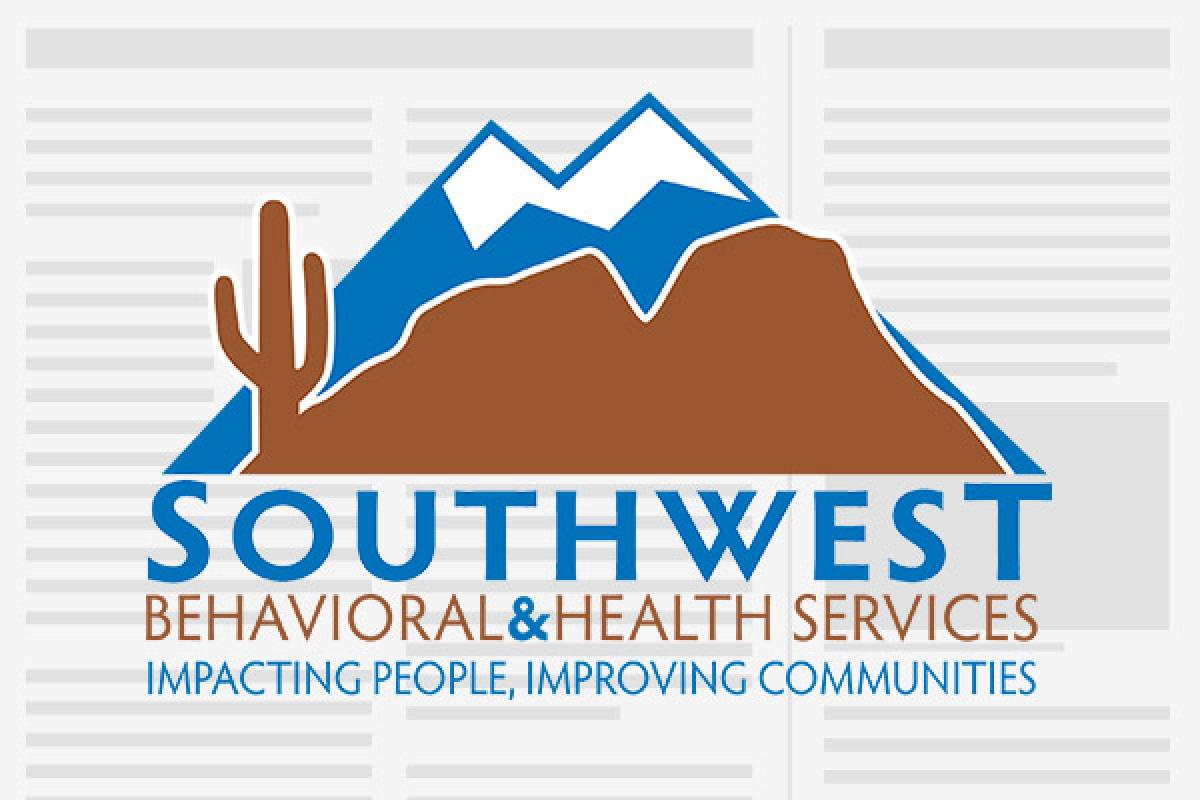
School lets out, and your children go to their favorite hot spot with their friends. Whether it’s the local fast-food restaurant or shopping center, do you know exactly what they’re up to? How much unsupervised time are they spending with their friends?
Sure, they may be at a public place, but that doesn’t always mean they’re safe.
It’s important for parents to be aware of unsupervised after-school activities. Just because it’s a school night doesn’t mean that your teen isn’t going to consume alcohol or use drugs. Often, teens feel that they can get away with more on school nights because their activities are less monitored.
Pay attention to their behavior and check for signs of drug and alcohol use. Be sure to communicate regularly with your teens about where they are going and who they will be with. Set the boundaries so that they understand that using alcohol or drugs after school or any other time is not acceptable.
One recommendation that we suggest is to have problem-prevention talks to ensure they understand the rules and expectations. This active parenting approach to problem prevention isn’t about dictating, it’s about discussing potential problems, reviewing the guidelines and deciding together about consequences if rules are broken.
The following course of action can help you make your problem-prevention talk effective:
1. Identify potential problems and risks – Ask your child about how, when and with whom they might experience risky situations. They are unlikely to think this through on their own, so parental influence in this regard is very important.
2. Share thoughts and feelings – Ask your teen what they think about being around drugs and alcohol. You may be surprised that they also have concerns.
3. Generate guidelines for behavior – Using the information you gathered in step two, talk with your teen about what you expect from them. Brainstorm with them a variety of ways they might refuse offers to use drugs or alcohol.
4. Decide on logical consequences for violating the guidelines (if necessary) – Your teen will be more likely to follow the guidelines if they know there will be logical consequences if they violate the rules. Only bring this up if you feel that your teen is likely to test the limits.
5. Follow up later – In the situations in which you’re not around to ensure that the guidelines were followed, you’ll need to check up to be sure that the rules are clear and being followed.
To prevent problems that could arise while your teen is hanging out with friends after school, everyone needs to be clear about the rules and expectations. Remember, an active parenting approach will ensure that these problems can be prevented.













